So, you’re visiting America, or maybe you’re just trying to make sense of why people here seem to value having a bubble around them. Personal space is a big deal in the U.S., and getting it right can make all the difference in how comfortable you—and those around you—feel. Whether you’re in line at the grocery store or meeting new friends, understanding the unspoken rules of personal space in America will help you fit right in.
1. The American Bubble

Image Credit: Shutterstock / Eduardo Regueiro
In the U.S., personal space is often referred to as having a “bubble.” Americans generally prefer to keep an arm’s length distance—about 18 inches to 4 feet—between themselves and others in social settings. This invisible bubble is considered a comfort zone and breaching it can make people uneasy.
2. The Influence of Culture

Image Credit: Shutterstock / PeopleImages.com – Yuri A
A mix of cultural backgrounds, individual personalities, and regional differences influences American personal space preferences. For example, people in urban areas may be more accustomed to less personal space due to crowded conditions, while those in rural areas may expect more space.
3. Personal Space and Gender
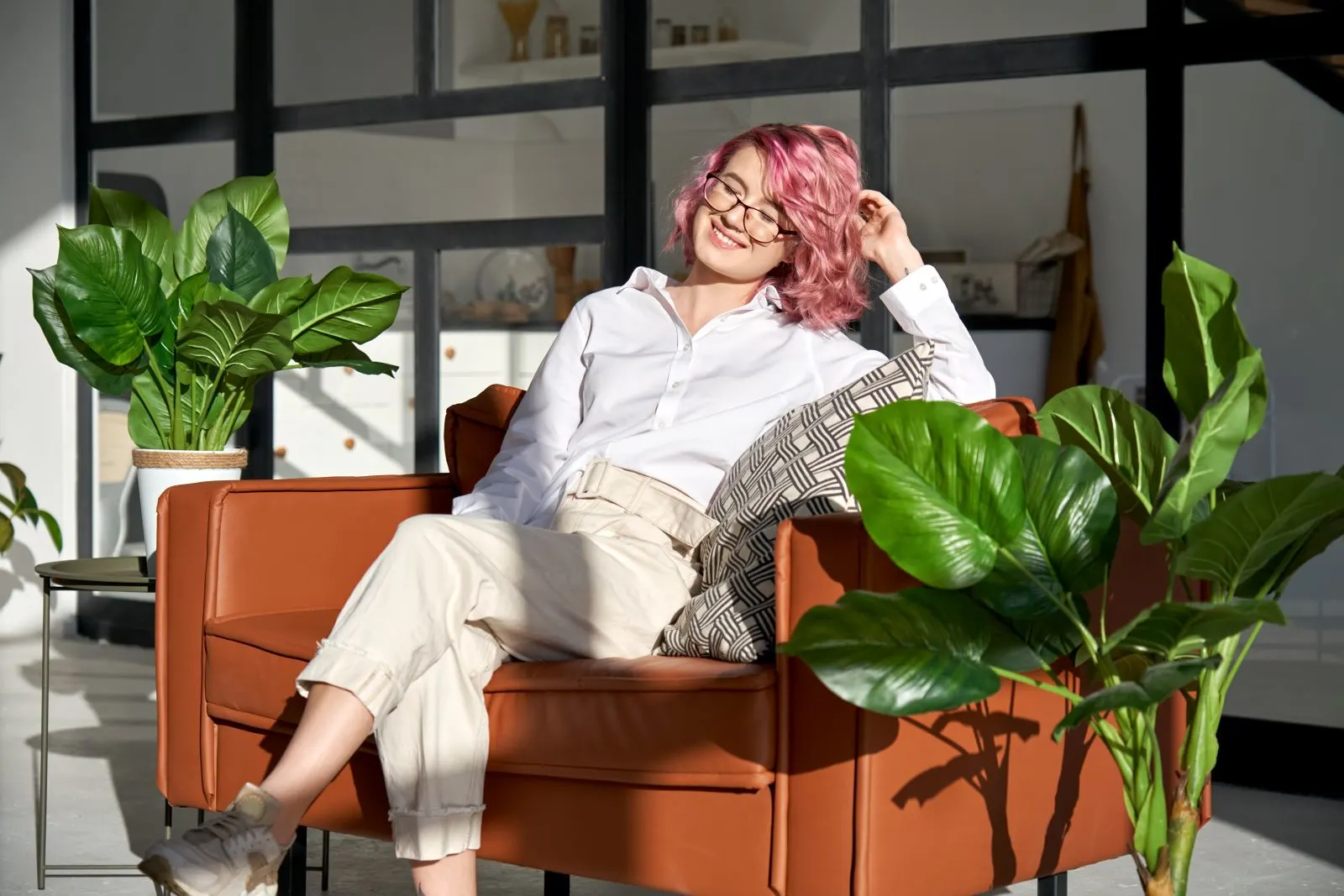
Image Credit: Shutterstock / Ground Picture
Gender can also play a role in personal space preferences. Studies have shown that women often need more personal space than men, especially from strangers. This awareness is key, especially in the wake of movements like #MeToo, which have heightened sensitivity around physical boundaries.
4. Greetings: Handshakes Over Hugs

Image Credit: Shutterstock / Photo Smoothies
In America, handshakes are the standard greeting in professional and casual settings. Hugs are generally reserved for close friends and family. If you’re meeting someone for the first time, stick to a handshake to avoid any awkwardness.
5. Public vs. Private Spaces
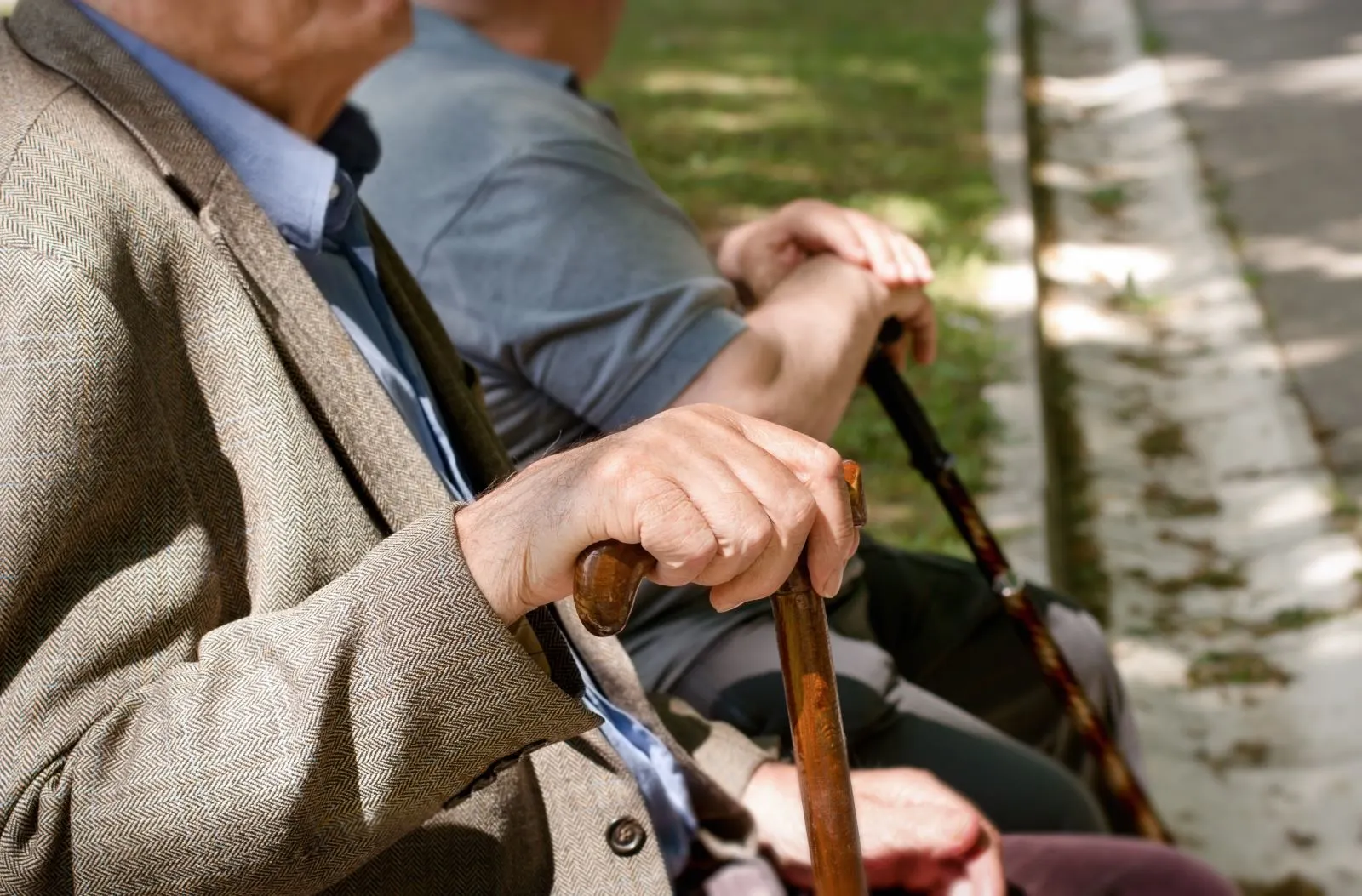
Image Credit: Shutterstock / PhotoIris2021
Americans tend to make a clear distinction between public and private spaces. In public, such as on the street or in a park, people may tolerate closer proximity. However, in private settings, like a home or office, maintaining a respectful distance is important.
6. Personal Space in Lines
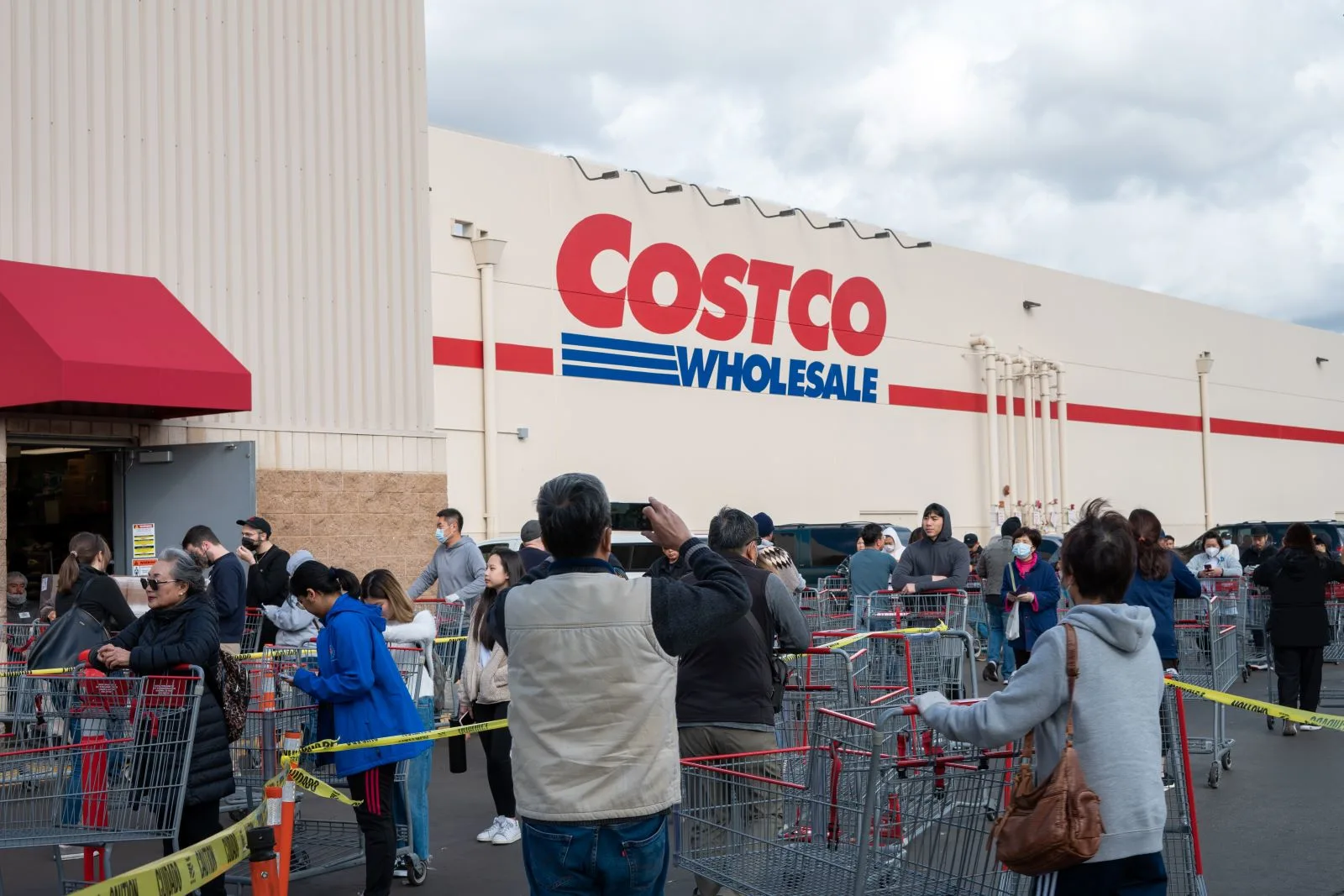
Image Credit: Shutterstock / justinagphoto
When waiting in line, Americans prefer to keep at least an arm’s length between themselves and the person in front of them. Crowding in lines is a big no-no and can lead to discomfort or even complaints. Keep your distance, and everyone will be happier.
7. The Elevator Code
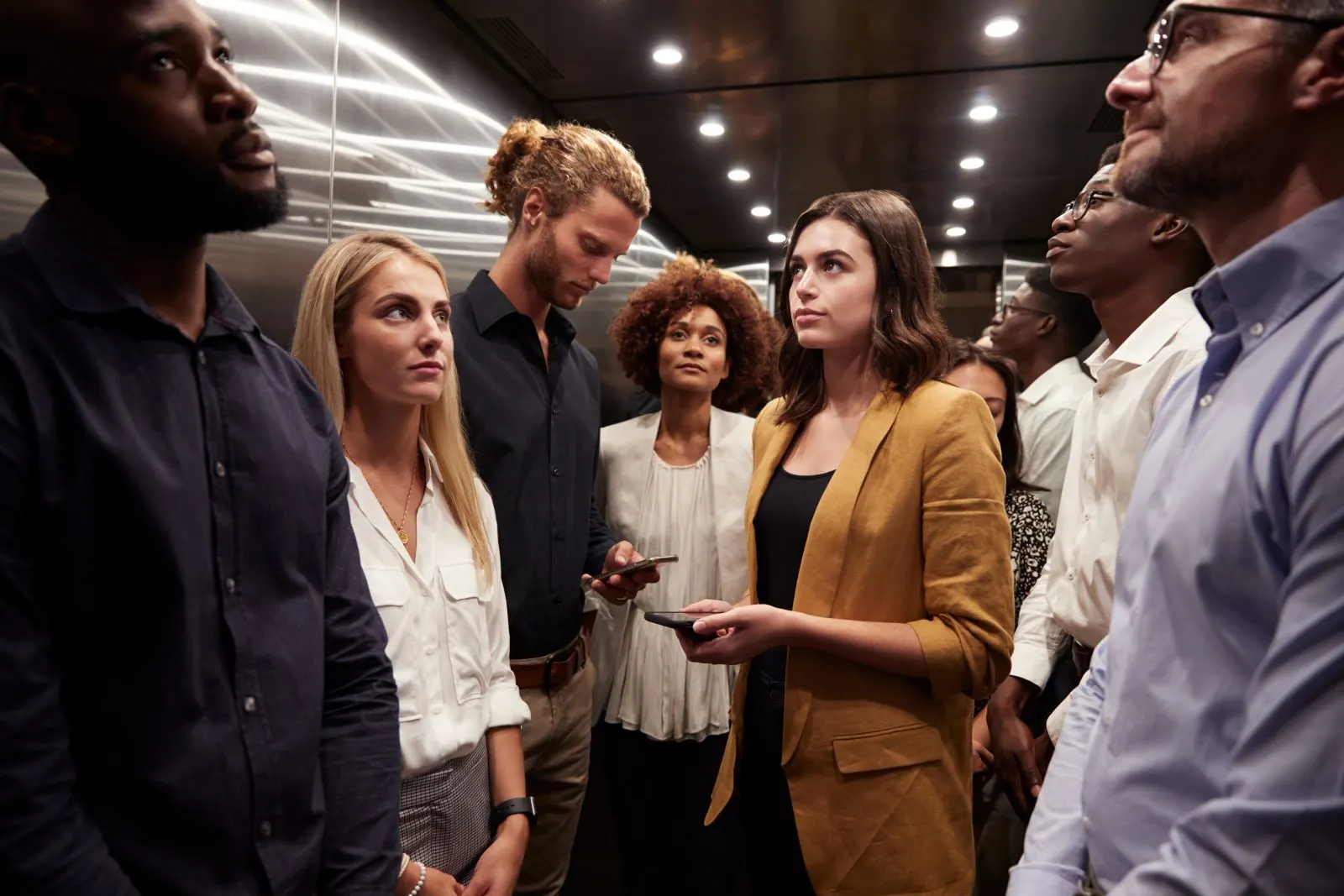
Image Credit: Shutterstock / Monkey Business Images
Elevators are a common setting where personal space can feel compromised. The unspoken rule? Face forward, avoid eye contact, and don’t speak unless necessary. Standing too close can make the ride feel longer than it is.
8. Crowded Spaces
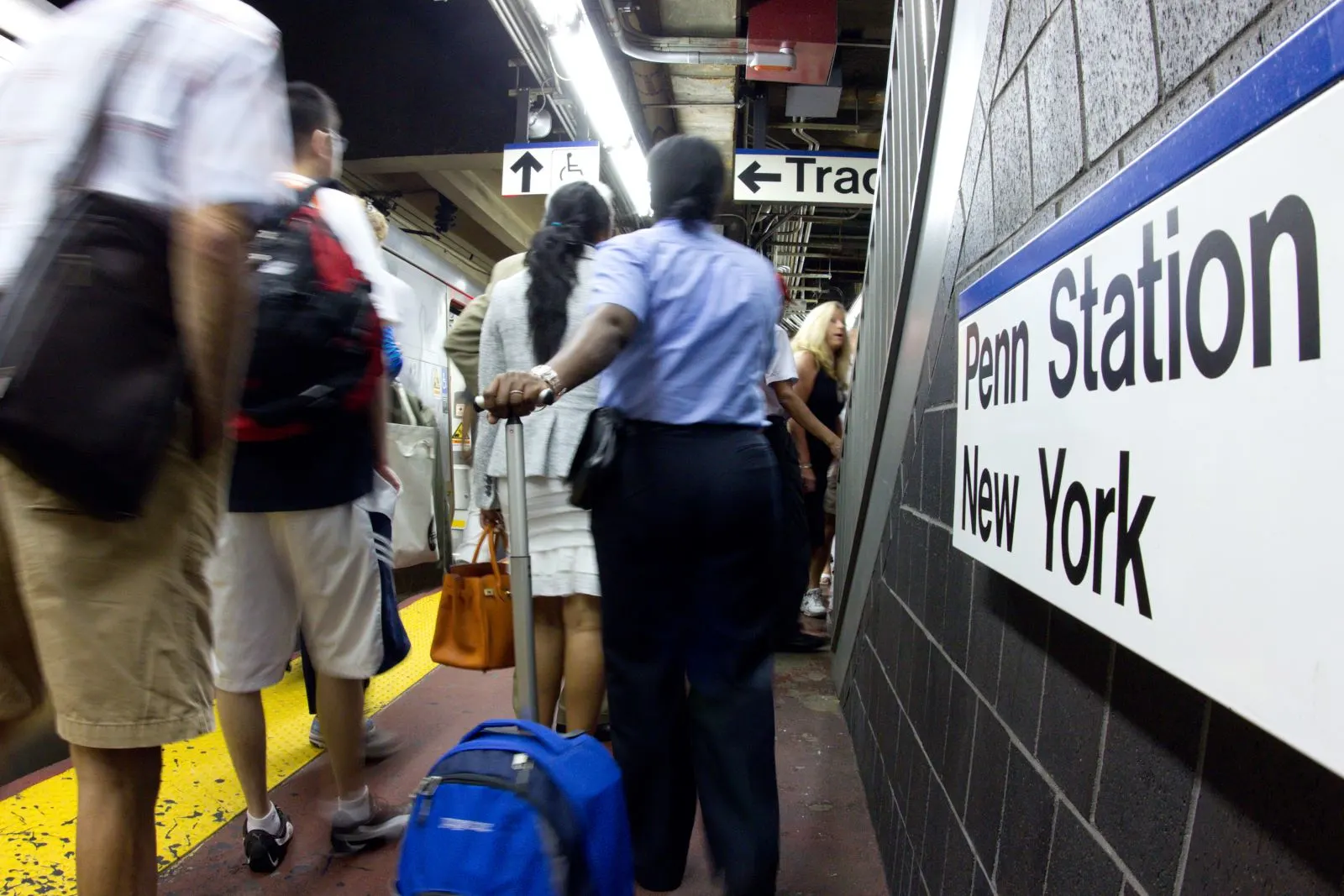
Image Credit: Shutterstock / Little Vignettes Photo
In crowded places like subways or concerts, personal space is harder to maintain. Americans are more forgiving in these settings, but that doesn’t mean they’re comfortable with constant physical contact. Be mindful of your movements to avoid bumping into others.
9. Personal Space at Work

Image Credit: Shutterstock / insta_photos
In the workplace, personal space is crucial. Respect closed office doors and personal desk space. If you need to speak to a colleague, a polite knock or verbal greeting before approaching is appreciated. Respecting workspace boundaries helps maintain professionalism.
10. Physical Affection
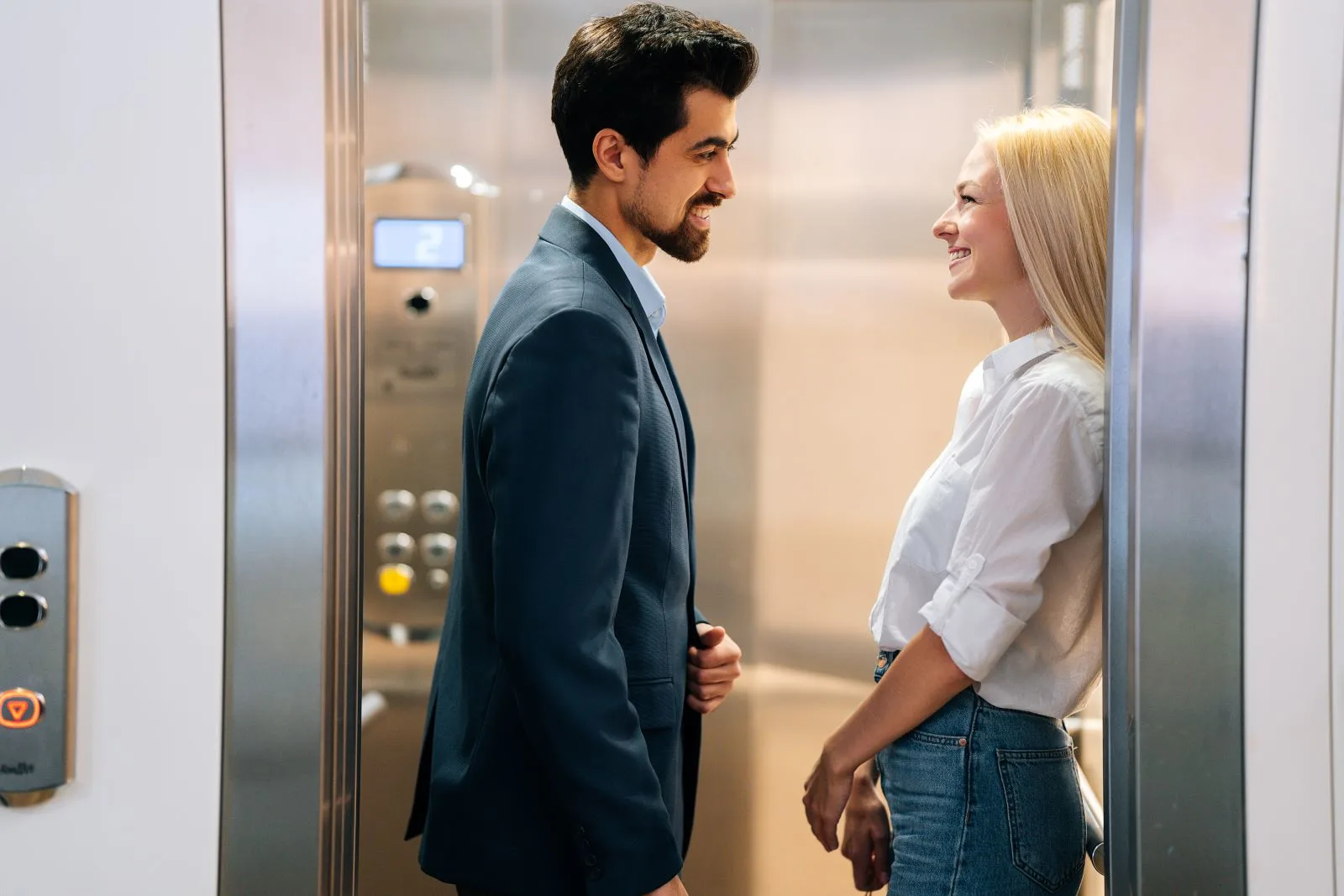
Image Credit: Shutterstock / Dikushin Dmitry
Public displays of affection (PDA) are usually kept to a minimum in the U.S. While hand-holding and light kisses are generally acceptable, anything more intimate is often frowned upon. Americans value discretion in public spaces.
11. The Role of Eye Contact

Image Credit: Shutterstock / fizkes
Eye contact is important in American culture as a sign of honesty and engagement. However, prolonged staring can be seen as intrusive or even aggressive. Balance is key—maintain eye contact during conversations, but don’t overdo it.
12. Personal Space and Communication

Image Credit: Shutterstock / Ground Picture
In the U.S., people often express a need for space verbally. Phrases like “I need some space” or “Can you give me a minute?” are direct ways of asking for personal space. Don’t take it personally—it’s just a cultural norm.
13. Technology and Personal Space

Image Credit: Shutterstock / stockfour
Smartphones and earbuds have created a new kind of personal space. When people are engrossed in their devices, they are signaling that they prefer not to be disturbed. Be mindful of this digital barrier in social settings.
14. Respecting Boundaries in Relationships

Image Credit: Shutterstock / Antonio Guillem
In personal relationships, respecting space is a sign of trust and understanding. Whether it’s a romantic partner or a friend, give them room to breathe. This respect helps build stronger, more comfortable connections.
15. Asking Permission

Image Credit: Shutterstock / fizkes
When in doubt, ask for permission. If you’re unsure whether a hug or closer contact is appropriate, a simple “Is it okay if I…?” can go a long way. Most people appreciate the consideration and will be happy to let you know what they’re comfortable with.
18 Countries That Don’t Want American Visitors
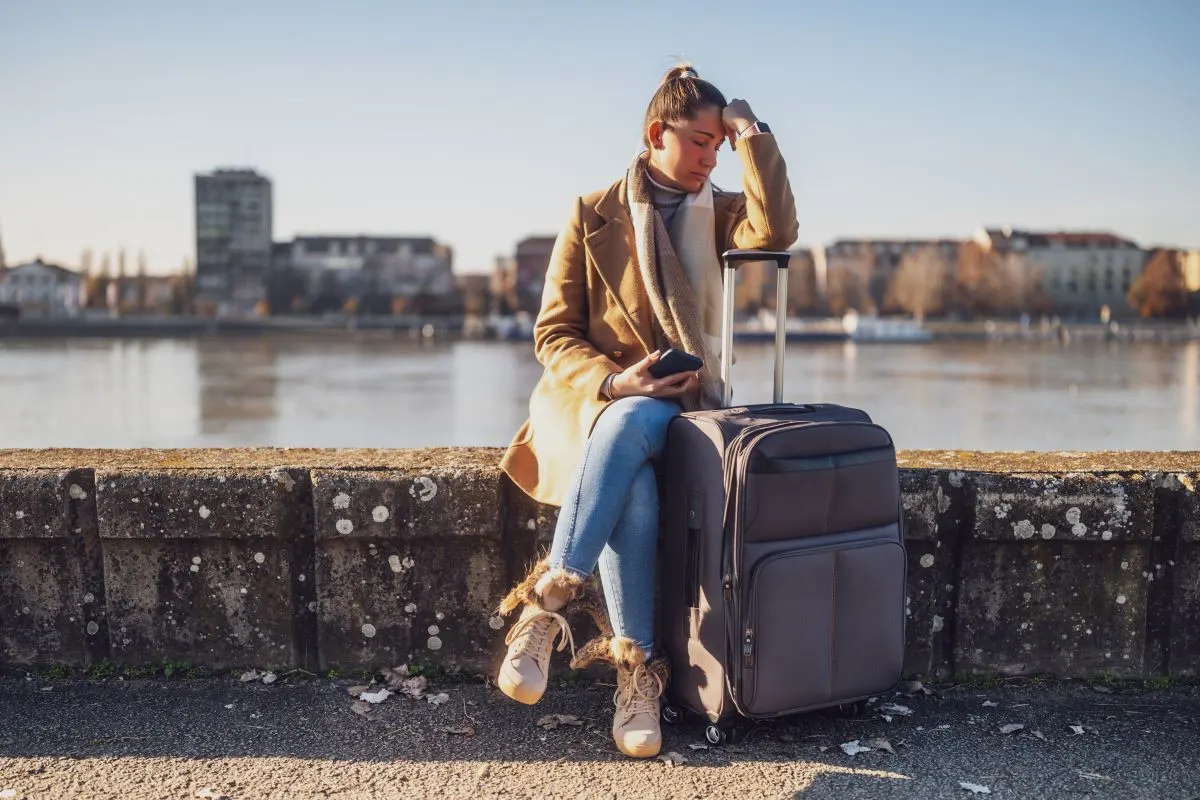
Image Credit: Shutterstock / InesBazdar
It’s time for a reality check, American travelers. As you pack your bags and head overseas, ready to stamp your passport, it’s becoming glaringly obvious that not every destination is thrilled to see you. 18 Countries That Don’t Want American Visitors
18 High-Crime Cities in the US You Should Avoid
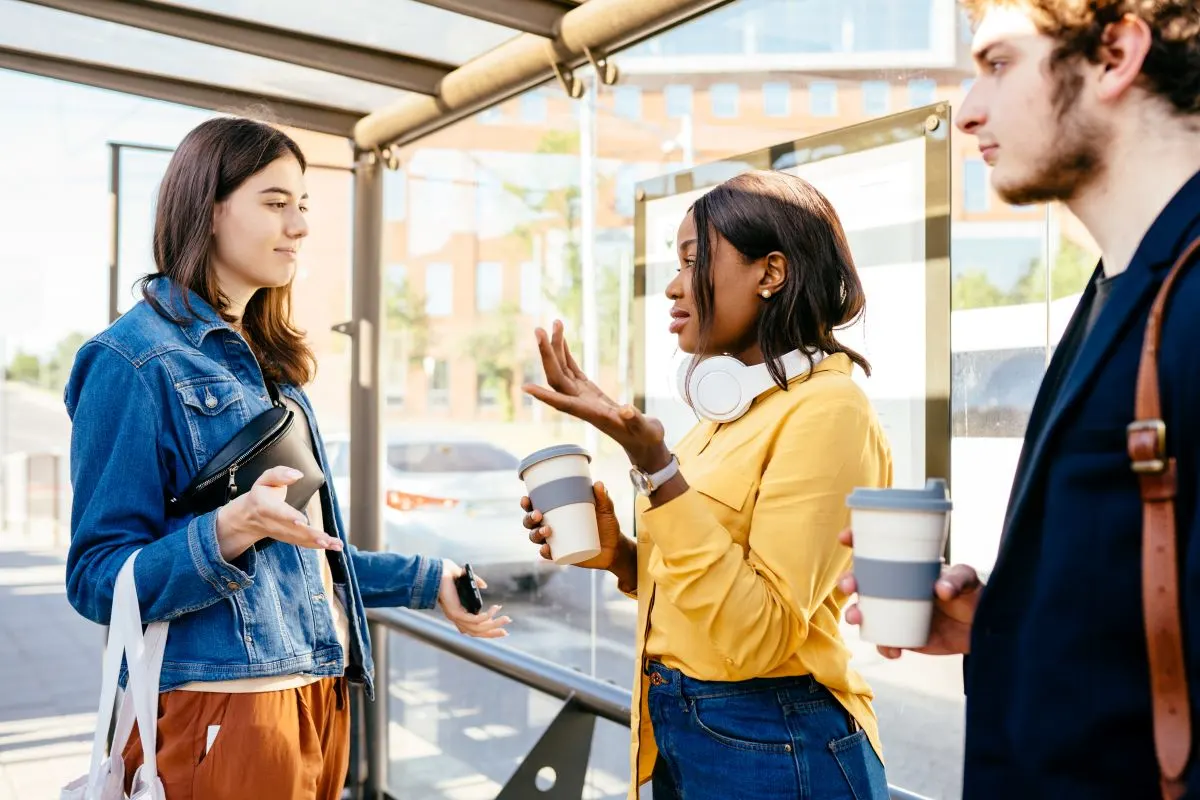
Image Credit: Shutterstock / Iryna Inshyna
American cities promise rich culture and unforgettable experiences, but rising crime rates can catch travelers off guard. This guide helps you stay safe while fully enjoying your adventures. 18 High-Crime Cities in the US You Should Avoid
What Cruise Lines Don’t Want You to Know: 20 Candid Insights
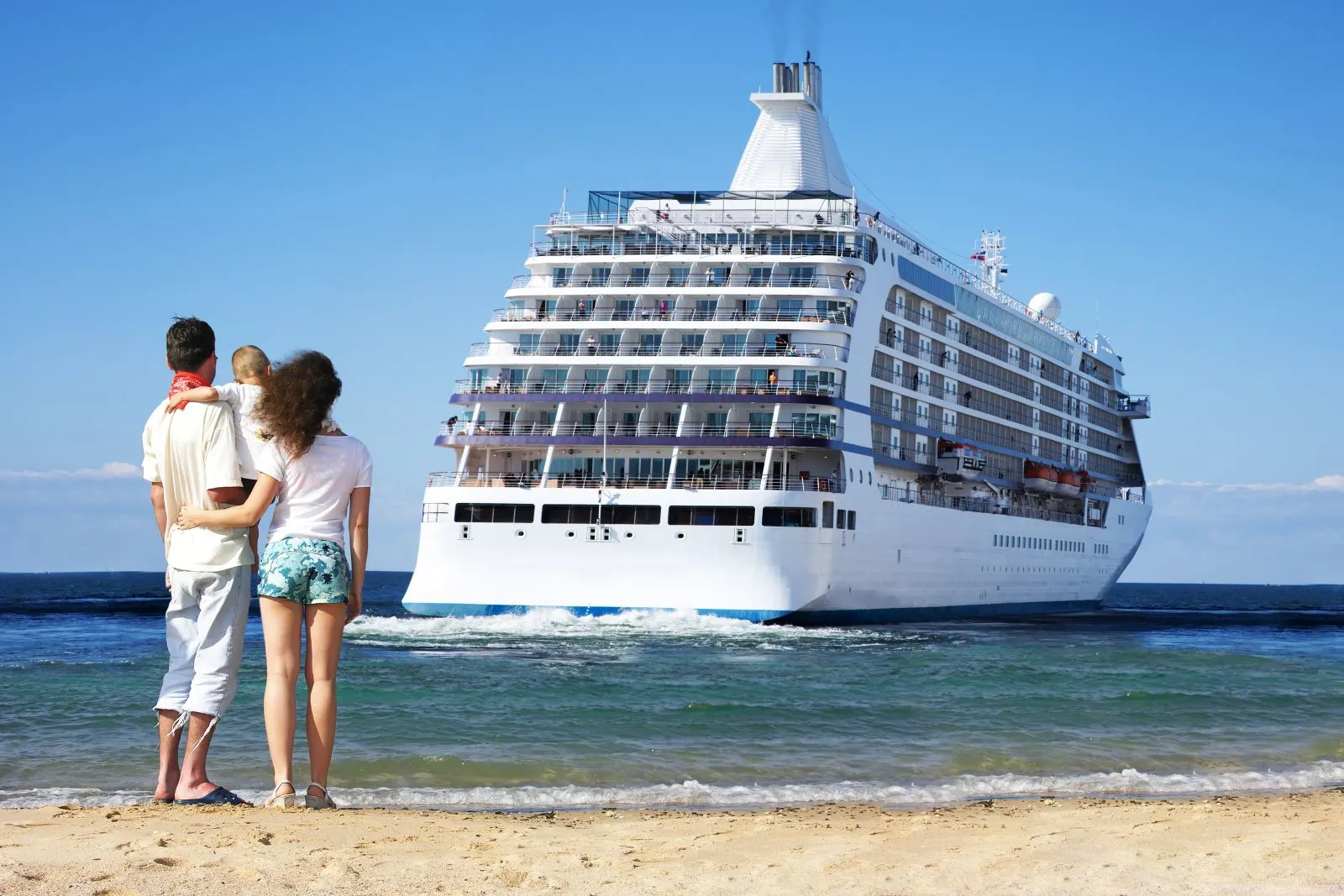
Image Credit: Shutterstock / Pavel L Photo and Video
Thinking about booking a cruise for your next getaway? Let’s have a real talk first. While cruising might seem like a breezy way to see the world, there are a few not-so-sunny truths that might make you reconsider. What Cruise Lines Don’t Want You to Know: 20 Candid Insights
Featured Image Credit: Shutterstock / Alex_VLC.
The content of this article is for informational purposes only and does not constitute or replace professional advice.
The images used are for illustrative purposes only and may not represent the actual people or places mentioned in the article.
Tips for Trip Success
Book Your Flight
Find an inexpensive flight by using Kayak, a favorite of ours because it regularly returns less expensive flight options from a variety of airlines.
Book Your Hotel or Special Accommodation
We are big fans of Booking.com. We like their review system and photos. If we want to see more reviews and additional booking options, we go to Expedia.
You Need Travel Insurance!
Good travel insurance means having total peace of mind. Travel insurance protects you when your medical insurance often will not and better than what you get from your credit card. It will provide comprehensive coverage should you need medical treatment or return to the United States, compensation for trip interruption, baggage loss, and other situations. Find the Perfect Insurance Plan for Your Trip
PassingThru is a participant in the Amazon Services LLC Associates Program. As an Amazon Associate I earn from qualifying purchases.
To view PassingThru’s privacy policy, click here.
